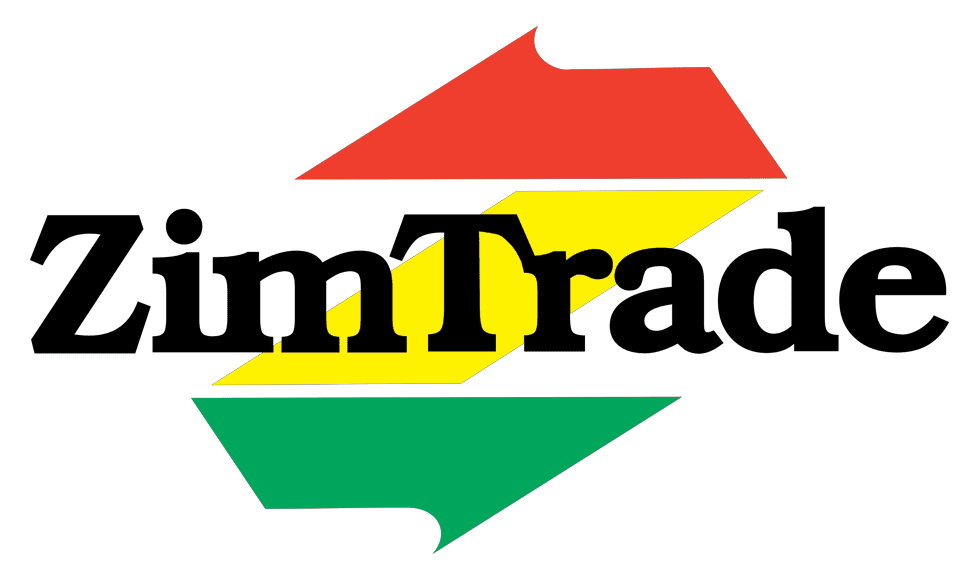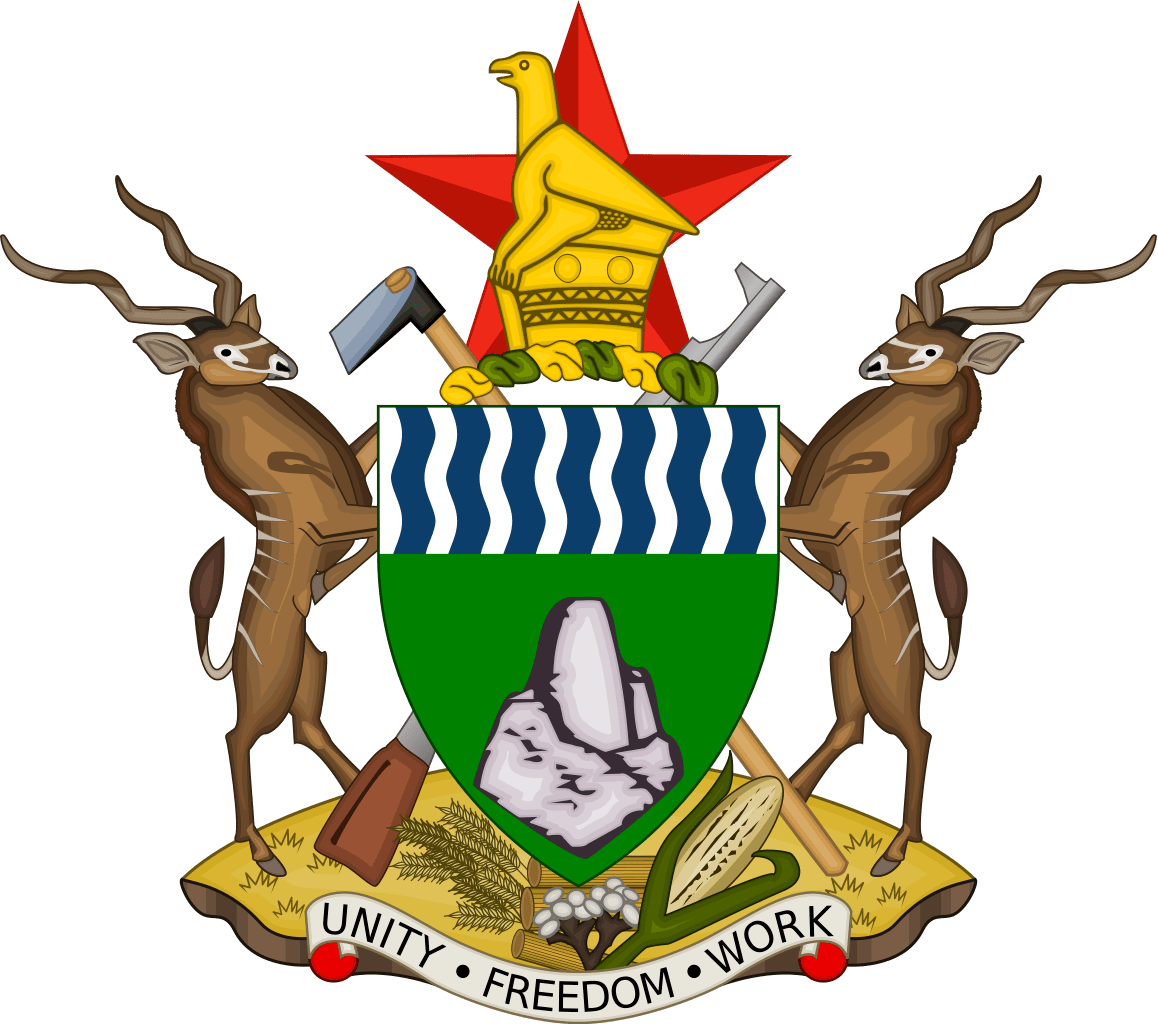By Kudakwashe Tirivavi
THE ZIMBABWE-Namibia Virtual Business Forum, recently held, marked a significant milestone in strengthening relationships between Namibian and Zimbabwean businesses.
With over 150 delegates in attendance, including government officials and representatives from trade promotion agencies, the event aimed to foster collaboration and growth within the industry. The program encompassed a wide range of topics, including business opportunities in Namibia, doing business with Zimbabwe, and trade facilitation between the two nations.
Company testimonials were also shared, showcasing successful partnerships and collaborations between Namibian and Zimbabwean businesses.
The online trade forum featured a series of business-to-business meetings that provided networking opportunities for companies from both countries.
These meetings focused on various industries, such as agricultural implements, engineering products, fast-moving consumer goods (FMCG), and leather and leather products.
The discussions aimed to explore potential partnerships and distribution synergies between Namibian and Zimbabwean businesses.
In her address, the Ambassador of Zimbabwe to the Republic of Namibia, Her Excellency Melody Chaurura, Chaurura commended the virtual forum as a crucial step in strengthening the existing bilateral trade agreement between Zimbabwe and Namibia.
She also assured attendees that the Zimbabwean embassy would continue to serve as a conduit for facilitating trade and communication between businesses in both countries.
Speaking during the same programme, the Investment Attraction Manager at the Namibian Investment Promotion and Development Board, Selma Namutuwa, outlined her country’s priority sectors for investment and trade.
These includes renewable energy, the food industry, chemicals and basic materials, transport and logistics, services (digital and global business), fintech, metals, mining, adjacent industries, and machinery.
Whilst the event was B2B, ZimTrade was able to organise physical company visits to companies such as Hafa Peak which one of Nambia’s biggest players into fertiliser and agricultural inputs.
Virtually, AGRA attended the B2B meetings as well and discussed potential distribution opportunities for Zimbabwean companies that are into agricultural implements to its 22 stores in Namibia.
Additionally, AGRA explored possibilities for supplying the northern region of Namibia with agricultural implements from Zimbabwe, especially those that can be utilised by smallholder farmers.
The program also covered mining and mining consumable products, with a meeting with Cymot.
Cymot presented their personal protective equipment (PPE) products and explored avenues for collaboration in heavy-duty mining equipment and consumables.
The Namibian, which offers opportunities for Zimbabwe to supply products and services, is built on mining, tourism, fishing, manufacturing and agriculture.
The mining industry consisting mainly of diamond and uranium and the sector employs more than 14 000 people.
Namibia is the fourth largest exporter of non-fuel minerals in Africa and is fifth world’s largest producer of uranium with capacity to supply 10 percent of global output.
Other minerals produced in large quantities include lead, zinc, tin, silver and tungsten.
These offer opportunities to supply capital equipment, electricals consumables, and materials used for processes that include aluminium powder, ammonia, anodes and cathode, caustic soda, coal and cobalt sulphate.
There are also opportunities in Namibia’s mining sector to export services such as engineering, surveying, instrumentation, transport, plant maintenance, environmental management and artisanal services like quantity.
Apart from exporting engineering skills, there are opportunities for Zimbabwean professionals in areas like the medical field, teaching, hospitality and catering, motor mechanics and skilled agriculture workers.
Another key economy sector for Namibia is the fishing industry, which is concentrated in Swakopmund, Walvis Bay and Luderitz.
Unique opportunities for Zimbabwean exporters are in provision of supplies for the fishery value chain.
Although arable land accounts for only one percent, the agricultural sector is the largest employer, accounting 46 percent of total population.
The main farming products are beef, mutton and dairy, millet and maize, and these creates opportunities for exporters to supply farming inputs, equipment and medicines.
Namibia is classified relatively low on agricultural potential.
Thus, given Zimbabwe’s favourable climatic conditions, this presents opportunities for local enterprises to export fresh produce, which include both fresh vegetables and fruits.







